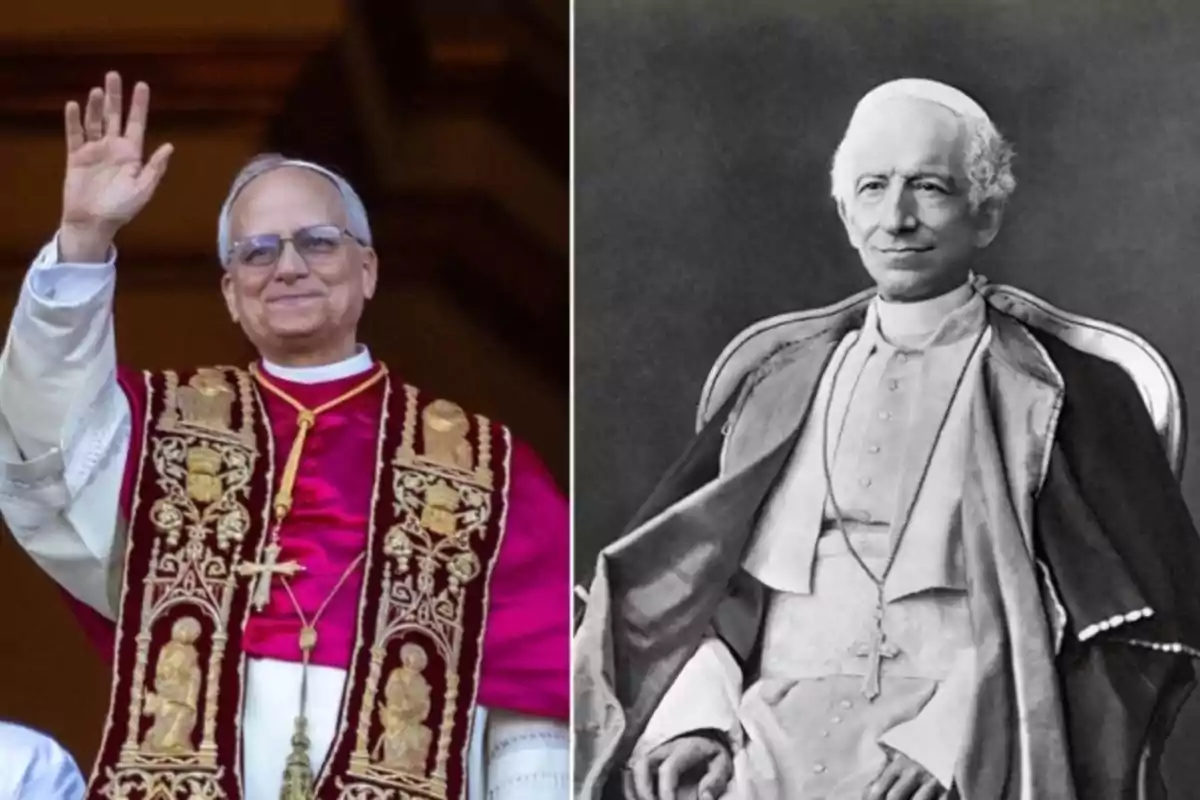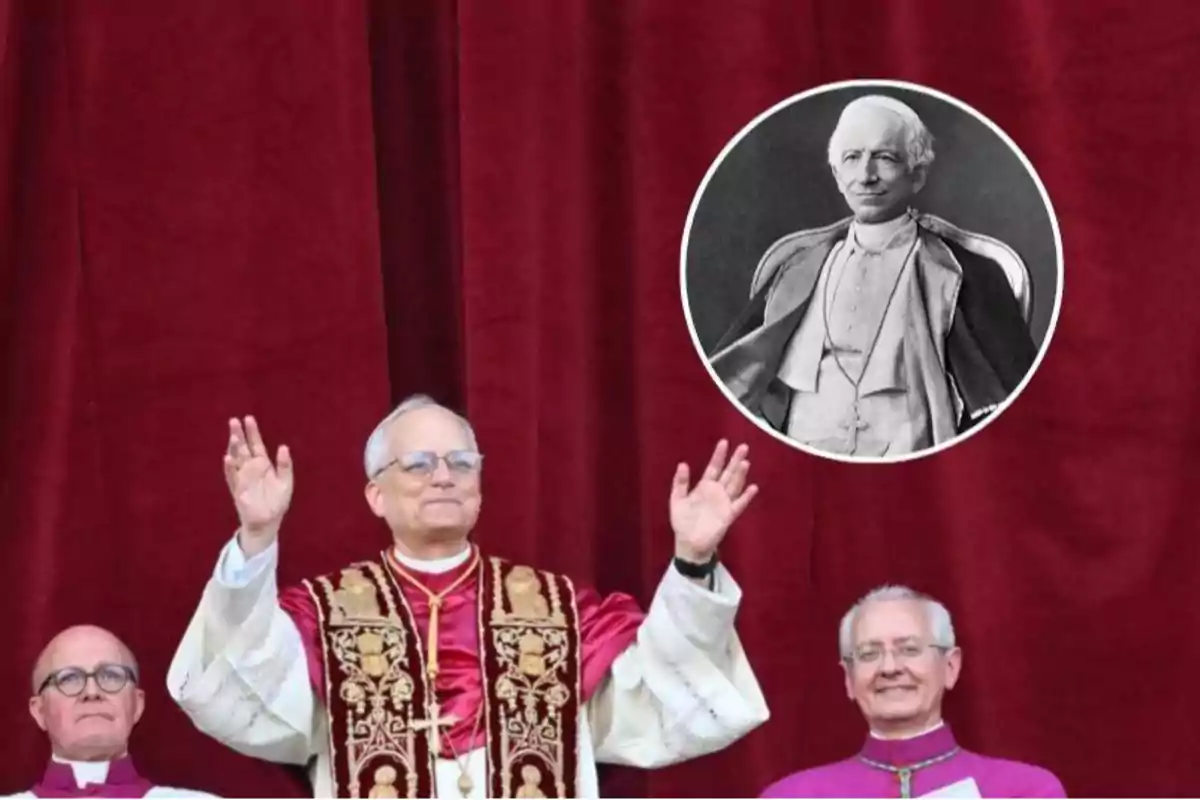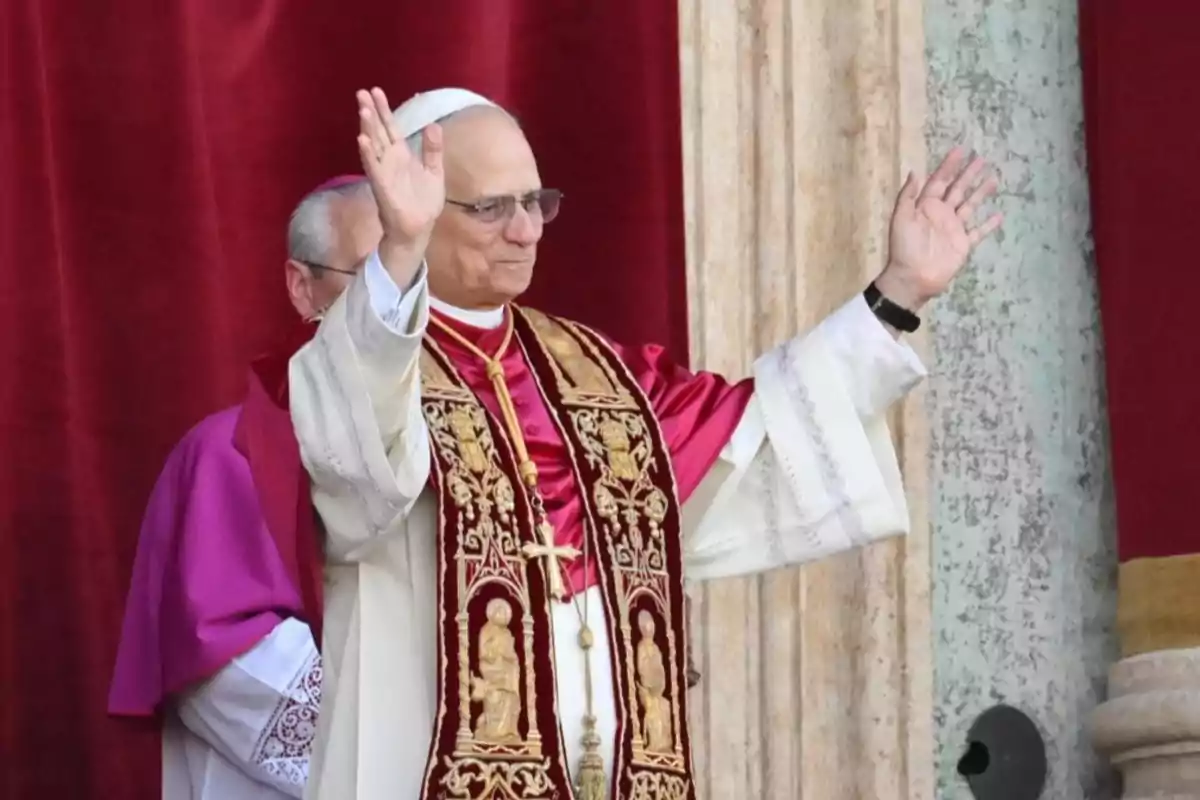
Pope Leo XIV marks the end of ecclesial progressivism and revives the legacy of Leo XIII
With the election of Cardinal Prevost as the new Supreme Pontiff, the Vatican seems to be shifting toward orthodoxy
With the election of Cardinal Robert Francis Prevost as the new Supreme Pontiff under the name Leo XIV, the Vatican seems to be making a decisive shift toward doctrinal orthodoxy and the reaffirmation of traditional principles.
In a world shaken by moral confusion, the advance of postmodern ideologies, and the crisis of spiritual authority, the new Pope positions himself as a defender of faith, justice, and transcendent truth.
A name that carries weight: the echo of Leo XIII
The new Pontiff did not choose his name by chance. Leo XIII, author of the encyclical Rerum Novarum in 1891, was a defender of the capitalist order against the onslaught of socialism and collectivism that were beginning to stifle Europe. Amid a social and ideological crisis, Leo XIII did not hesitate to point out that the true remedy was not in more State or more regulation, but in recognizing the natural rights of the individual, starting with private property.
"The principal foundation on which the order of human affairs must rest is the inviolability of the right to private property." (RN, n. 6).
Far from any sympathy toward statist or collectivist ideas, Leo XIII clearly attacks socialism, accusing it of destroying individual freedom and the very fabric of civilization. "Socialism[...]suppresses individual property, and once this is done, it destroys man's freedoms." (RN, n. 15).

Freedom as the basis of a just society
In Rerum Novarum, freedom is not a concession of the State but an inherent right of the human being, and any power that seeks to usurp it becomes tyrannical. Therefore, the encyclical defends that the worker has the right to freely negotiate his work, and that state intervention should be minimal and subsidiary.
"It is erroneous for the State to interfere in the internal life of families and to replace individual initiative or the action of intermediate bodies." (RN, n. 35).
In the face of a world obsessed with forced redistribution, Leo XIII proposes something revolutionary: freedom, merit, work, and respect for the natural order."It is against justice for capital to become the collective property of society." (RN, n. 51).
Leo XIV: the Pope inspired by capitalism
With the election of Leo XIV, the Church seems to regain a firm voice that, without mincing words, opposes statism, the culture of victimization, and postmodern collectivism. It is no longer about pleasing everyone or dialoguing with error, but about proclaiming forcefully that true justice arises from respect for freedom and the dignity of each individual.
Leo XIV takes up the challenge of his predecessor and aims to restore clarity: he condemns compulsive egalitarianism, warns against the unlimited expansion of the State, and claims individual responsibility as the basis of a virtuous society. The echo of Rerum Novarum resonates strongly in this new Pontiff who is not afraid to speak of private property as "a guarantee of freedom" and of free association as a legitimate expression of citizens' autonomy.

Rome speaks: socialism is injustice
In times when many relativize, or even promote, new forms of socialism disguised as "social justice" or "good", the common words of Leo XIII resonate strongly again in Rome, now at the hands of the new Pope, Leo XIV.
"Socialism, even after being condemned, has not ceased to infiltrate under other forms." (RN, n. 58) The warning remains current: socialism has not gone away, it has transformed into welfare, clientelism, hyperregulation, political correctness, and cultural cancellation. And the response remains the same: freedom, property, order.
A necessary roar
With Leo XIV, the Vatican seems to have awakened from its lethargy. There is no longer room for ambiguities or flirtations with 20th-century ideologies. Rome speaks clearly again: there is no justice without freedom, there is no common good without private property, and there is no order without recognizing God as the foundation of law.
The lion returns. And it doesn't roar for revenge or power, but for truth. And in times of moral darkness, truth is the most radical act of charity.
More posts: